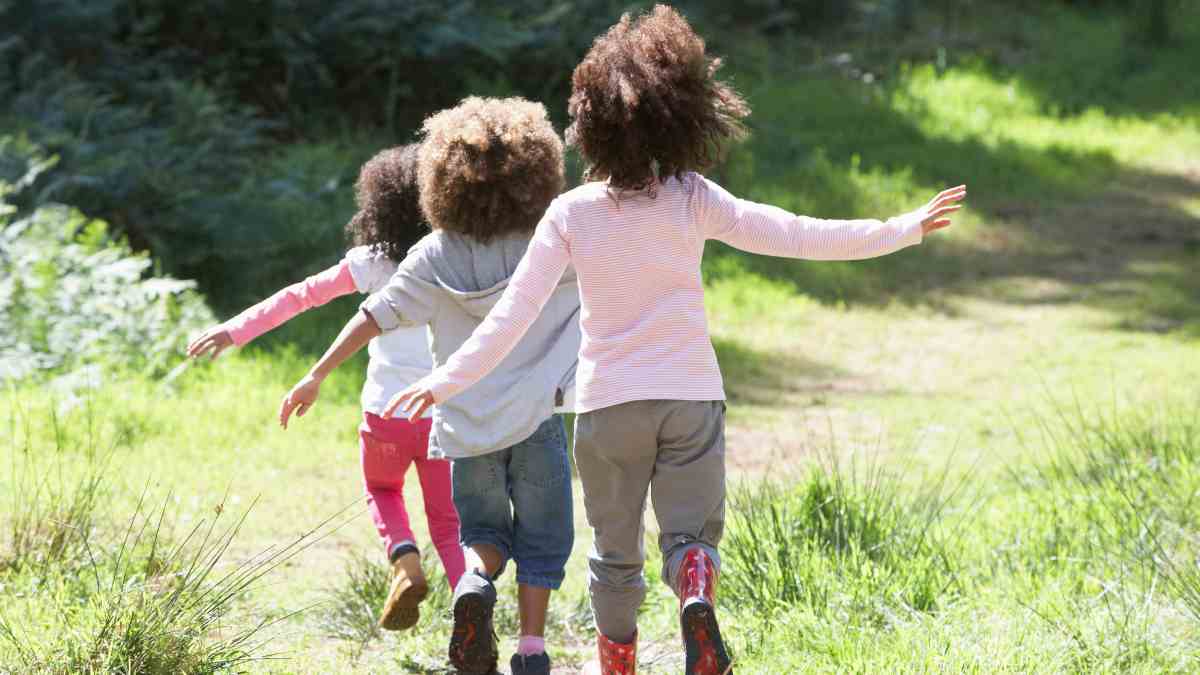As children grow, they start to understand the world around them and their place in it. One thing that can affect their development is partiality. Partiality is the tendency to favor one person or group over another. When this happens, it can have negative effects on the child’s mental and emotional health. In this article, we will explore the effects of partiality in the mind of children, including how it affects their self-esteem, relationships, and worldview.
- The article discusses the effects of partiality on children’s mental and emotional development, including its impact on their self-worth, relationships, and academic success.
- Partiality can occur in various forms, such as favoritism among siblings, teacher’s pet syndrome, and societal biases based on race or gender.
- Children who experience partiality may develop negative coping mechanisms such as feelings of inadequacy, resentment towards others, or a need for constant approval.
- The article emphasizes the importance of treating all children fairly and creating an environment where they feel valued and supported.
- Strategies for preventing partiality include recognizing and addressing personal biases, setting clear expectations and boundaries, and fostering an inclusive and supportive environment.
- The article highlights the need for parents, teachers, and society as a whole to be mindful of their actions and to work towards creating a more just and equitable world for all children.
Understanding Partiality
Before we dive into the effects of partiality, it’s important to understand what it is. Partiality can manifest in many different ways, such as parents favoring one child over another, teachers showing a preference for certain students, or society privileging one race or gender over another. The common thread is that someone is being treated unfairly, which can lead to feelings of inadequacy, resentment, and anger.
Impact on Self-Esteem
One of the primary effects of partiality in children is the impact on their self-esteem. When a child feels like they are not being treated fairly, it can cause them to question their self-worth. They may start to believe that they are not good enough or that they are not deserving of love and attention. This can lead to low self-esteem, which can have long-lasting effects on their mental health and relationships.
Difficulty Building Relationships
Another effect of partiality in children is difficulty building relationships. When a child feels like they are being treated unfairly, it can cause them to withdraw and become isolated. They may struggle to connect with others and build meaningful relationships because they do not trust others to treat them fairly. This can lead to social anxiety and difficulties in forming friendships.
Narrow Worldview
Partiality can also impact a child’s worldview. When a child is only exposed to one way of thinking or one group of people, it can limit their understanding of the world. They may struggle to empathize with others or understand different perspectives, which can lead to intolerance and prejudice. This can have lasting effects on their ability to function in a diverse and multicultural world.
Impact on Academic Performance
Partiality can also impact a child’s academic performance. When a teacher shows a preference for certain students, it can lead to a lack of motivation and engagement in the classroom. The child may feel like they will never be able to live up to the expectations set for them, leading to poor academic performance and a lack of interest in learning.
Conclusion
Partiality can have a significant impact on the mind of children. It can lead to low self-esteem, difficulty building relationships, a narrow worldview, and poor academic performance. As parents, teachers, and members of society, it’s important to be aware of our biases and work towards creating an environment where every child is treated fairly and given the opportunity to thrive.




